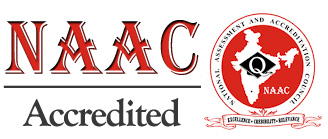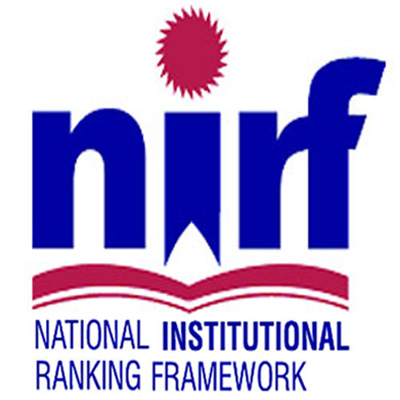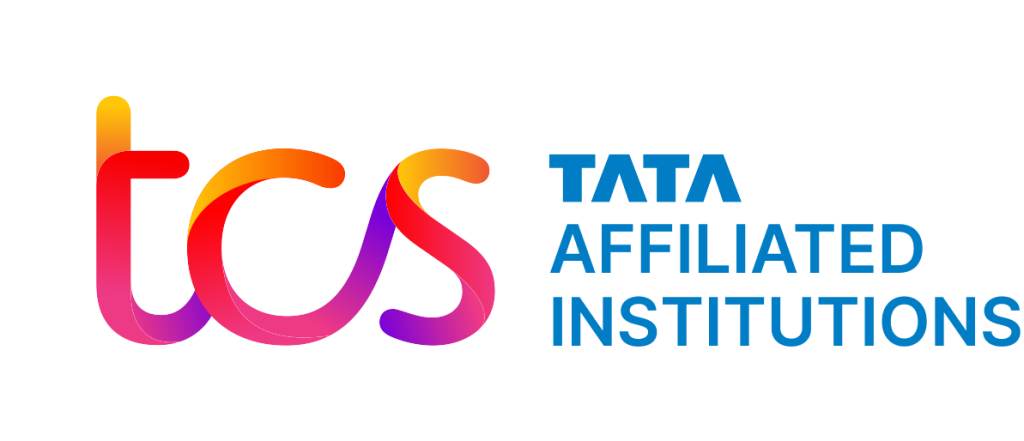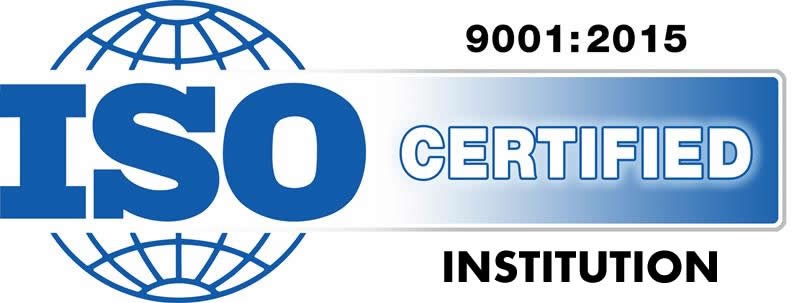About the Department
The Department of Electronics and Communication Engineering was established in the Year 2012.The department has well equipped Laboratory as Communication lab, Microprocessor and Microcontroller Lab, Electronics Circuit Lab, Optical and Microwave Lab, Digital/Analog Circuits lab, Digital Signal Processing lab, VLSI Lab, Network Lab. The department has highly educated Faculty members having a vast experience in their field. The department has a well-balanced workforce having experience in academics and in Industries. Students are given education as well as training exposure in order to get placed in highly reputed Industries.
VISION
To become a forerunner in producing skilled graduates with strong foundation in Electronics and Communication Engineering who can contribute significantly to the society.
MISSION
- To provide excellent infrastructure and enriched curriculum to train and develop highly competent engineers with research aptitude.
- To foster the skills of employability and entrepreneurship along with social responsibility among the students transforming them into intellectual professionals to support nation’s growth.
- To motivate the students in gaining knowledge about the modern technologies to meet the dynamic industrial needs supporting lifelong learning.
PROGRAMME EDUCATIONAL OBJECTIVES
PEO1
Graduates will have sound knowledge in the core areas of Electronics, communication and allied Engineering to analyze and propose solutions for day-to-day engineering problems facing the society.
PEO2
Graduates will have necessary skills to do research and work as an entrepreneur with self-confidence in interdisciplinary fields of Engineering.
PEO3
Graduates will have managerial and interpersonal skills to work as an individual and as a team with continuous learning to boost their organization’s growth.
PEO4
Graduates will have self-discipline, ethical values and social responsibility setting a good role model for future generations.
PROGRAM OUTCOMES
PO1
Engineering knowledge: Apply the knowledge of mathematics, science, engineering fundamentals, and an engineering specialization to the solution of complex engineering problems.
PO2
Problem analysis: Identify, formulate, review research literature, and analyze complex engineering problems reaching substantiated conclusions using first principles of mathematics, natural sciences, and engineering sciences.
PO3
Design/development of solutions: Design solutions for complex engineering problems and design system components or processes that meet the specified needs with appropriate consideration for the public health and safety, and the cultural, societal, and environmental considerations.
PO4
Conduct investigations of complex problems: Use research-based knowledge and research methods including design of experiments, analysis and interpretation of data, and synthesis of the information to provide valid conclusions.
PO5
Modern tool usage: Create, select, and apply appropriate techniques, resources, and modern engineering and IT tools including prediction and modeling to complex engineering activities with an understanding of the limitations.
PO6
The engineer and society: Apply reasoning informed by the contextual knowledge to assess societal, health, safety, legal and cultural issues and the consequent responsibilities relevant to the professional engineering practice.
PO7
Environment and sustainability: Understand the impact of the professional engineering solutions in societal and environmental contexts, and demonstrate the knowledge of, and need for sustainable development.
PO8
Ethics: Apply ethical principles and commit to professional ethics and responsibilities and norms of the engineering practice.
PO9
Individual and team work: Function effectively as an individual, and as a member or leader in diverse teams, and in multidisciplinary settings.
PO10
Communication: Communicate effectively on complex engineering activities with the engineering community and with society at large, such as, being able to comprehend and write effective reports and design documentation, make effective presentations, and give and receive clear instructions.
PO11
Project management and finance: Demonstrate knowledge and understanding of the engineering and management principles and apply these to one’s own work, as a member and leader in a team, to manage projects and in multidisciplinary environments.
PO12
Life Long Learning: Recognize the need for, and have the preparation and ability to engage in independent and life-long learning in the broadest context of technological change.
PROGRAM SPECIFIC OUTCOME
PSO1
Apply knowledge related to core and specialized fields like Electronic Circuits, Embedded and Communication Systems to solve complex Engineering/Societal problems.
PSO2
Able to expose students programming skills using latest tools to arrive cost effective and appropriate solutions.
PSO3
Apply the contextual knowledge with professional ethics to manage different projects in multi disciplinary environment.
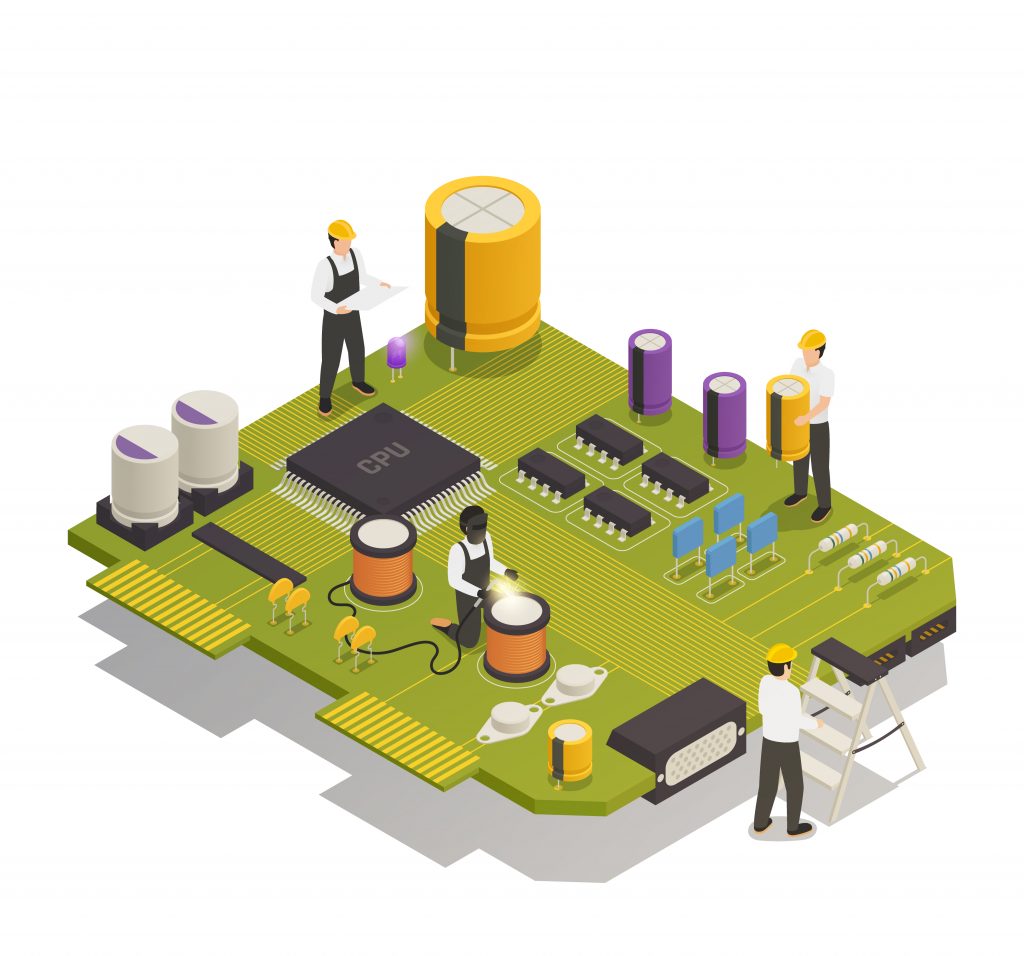
Career Opportunity
Electronics & Communication Engineering build the careers like working with wireless communication, handling hardware, being a telecom engineer, software analyst, or even a robotics engineer. The opportunities to specialize and grow in this field are plenty. ECE graduates are ready to face the industry’s challenges because they have the right skills. As technology improves, the need for skilled ECE professionals is increasing, making it a promising and exciting field for those who love innovation.
laboratories are fully equipped with systems and latest equipment with an environment to implement and experiment knowledge acquired in the classroom.

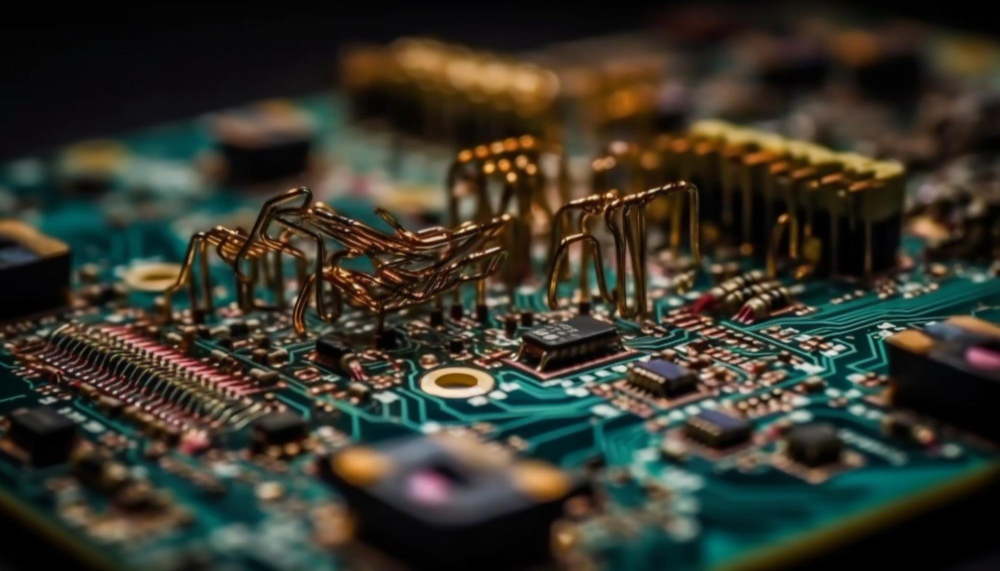
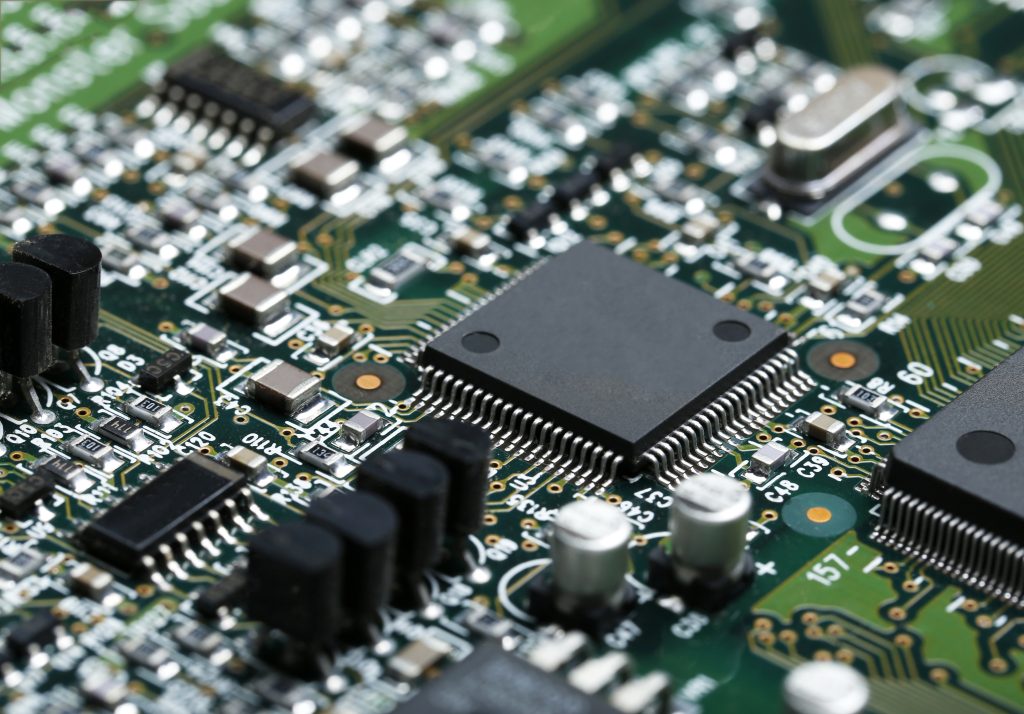

Academic achievement matters a lot to students’ lives as it plays a huge part in shaping responsible individuals. Students must stay focused to learn valuable knowledge for better academic results. Indian parents are rigorous and particular about their children’s grades, they make sure students priorities academics more than any unnecessary distractions.
Faculty Details
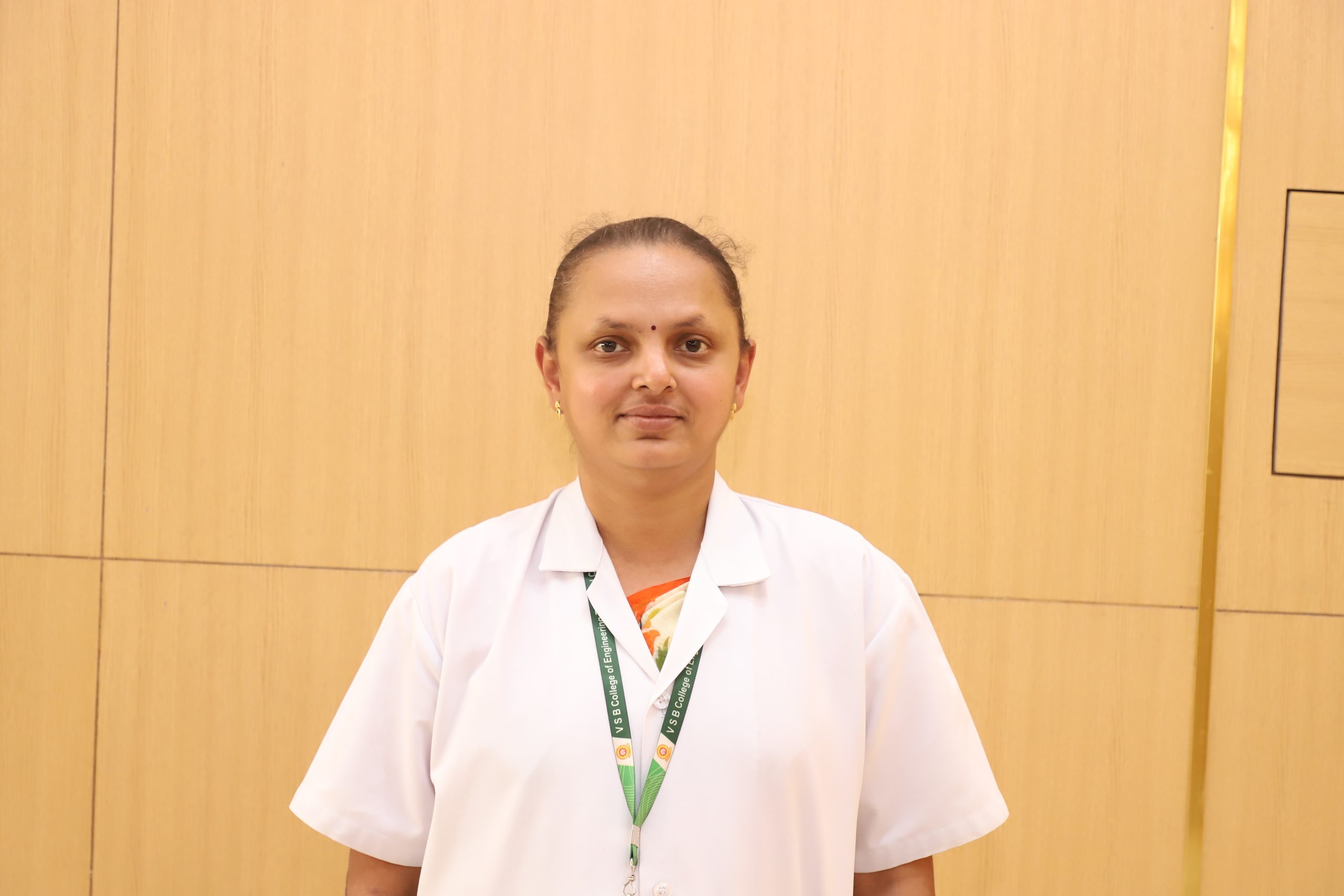
Work Experience: 9 Years
Area of specialization: VLSI Design
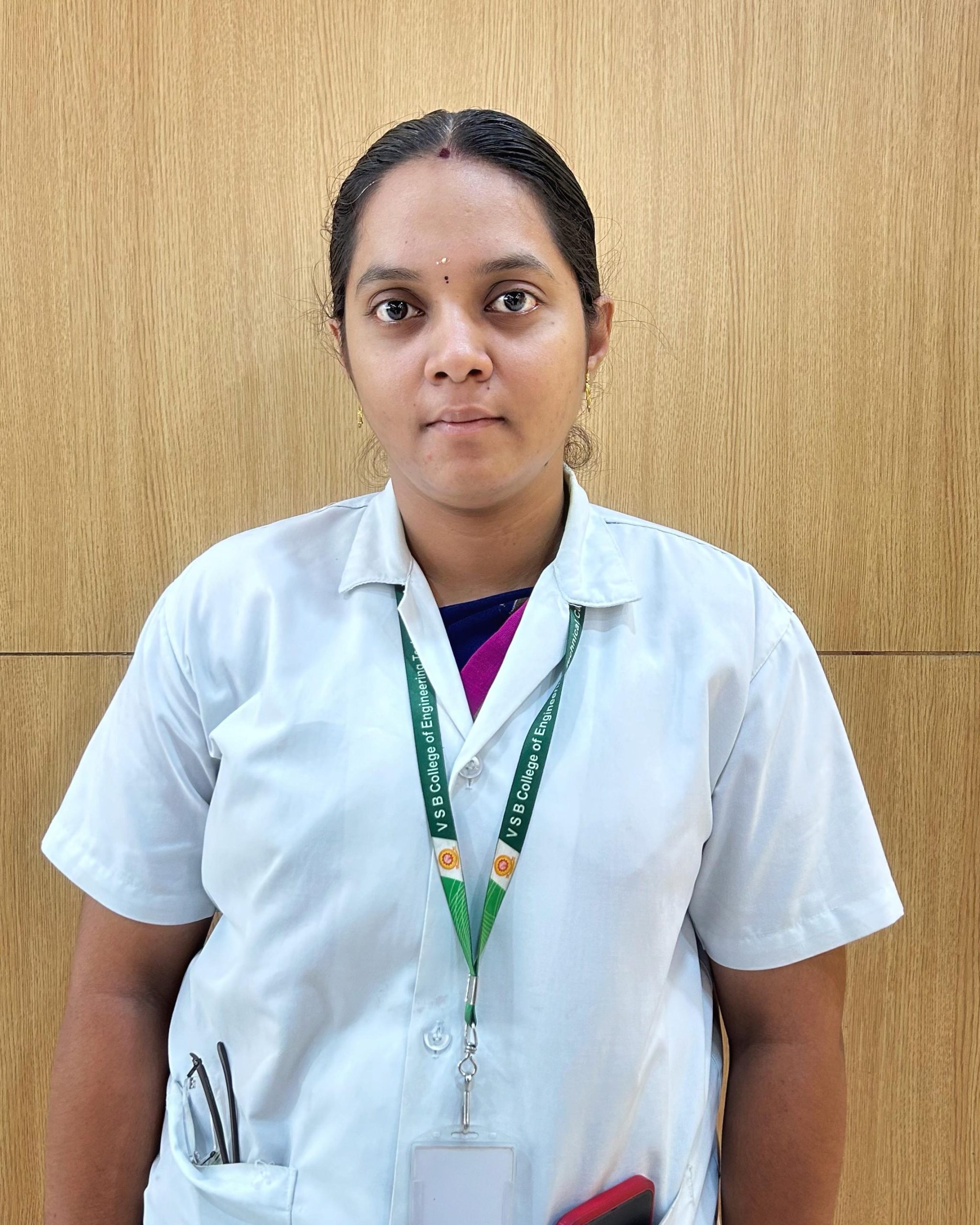
Work Experience: 4 Years 3 Months
Area of specialization: VLSI Design
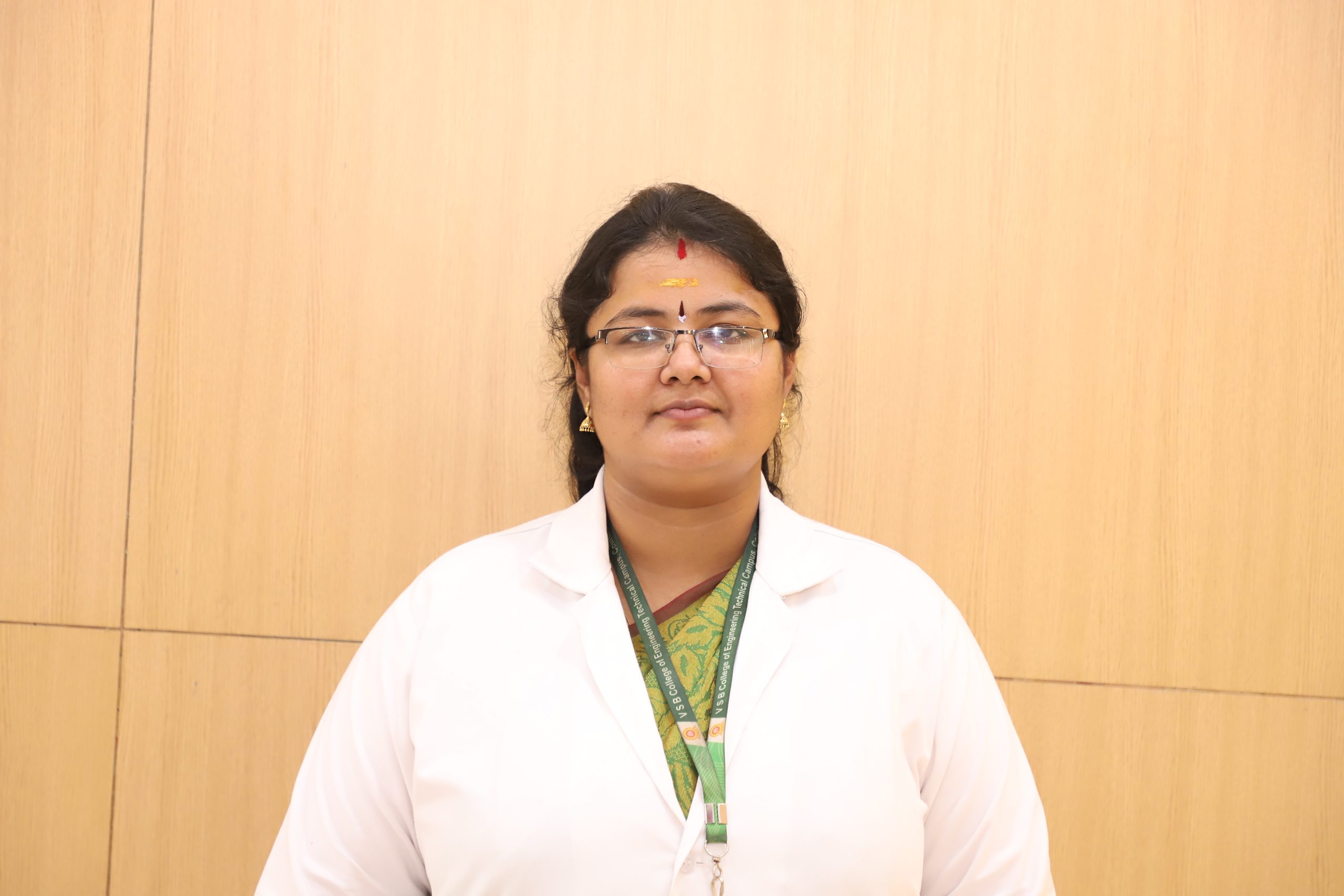
Work Experience: 1 Year
Area of specialization: Communication Systems
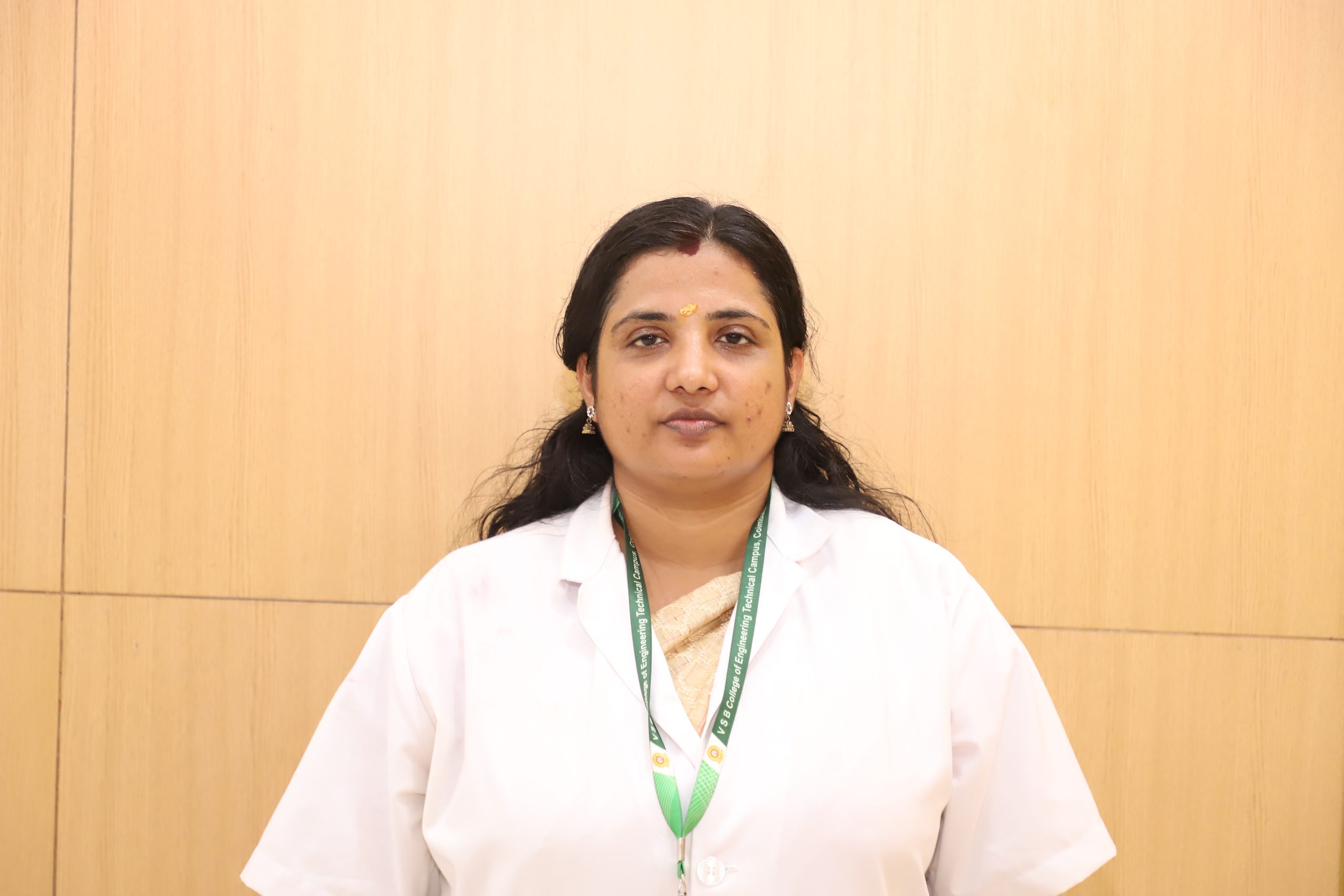
Work Experience: 1 Year 5 Months
Area of specialization: Communication Systems
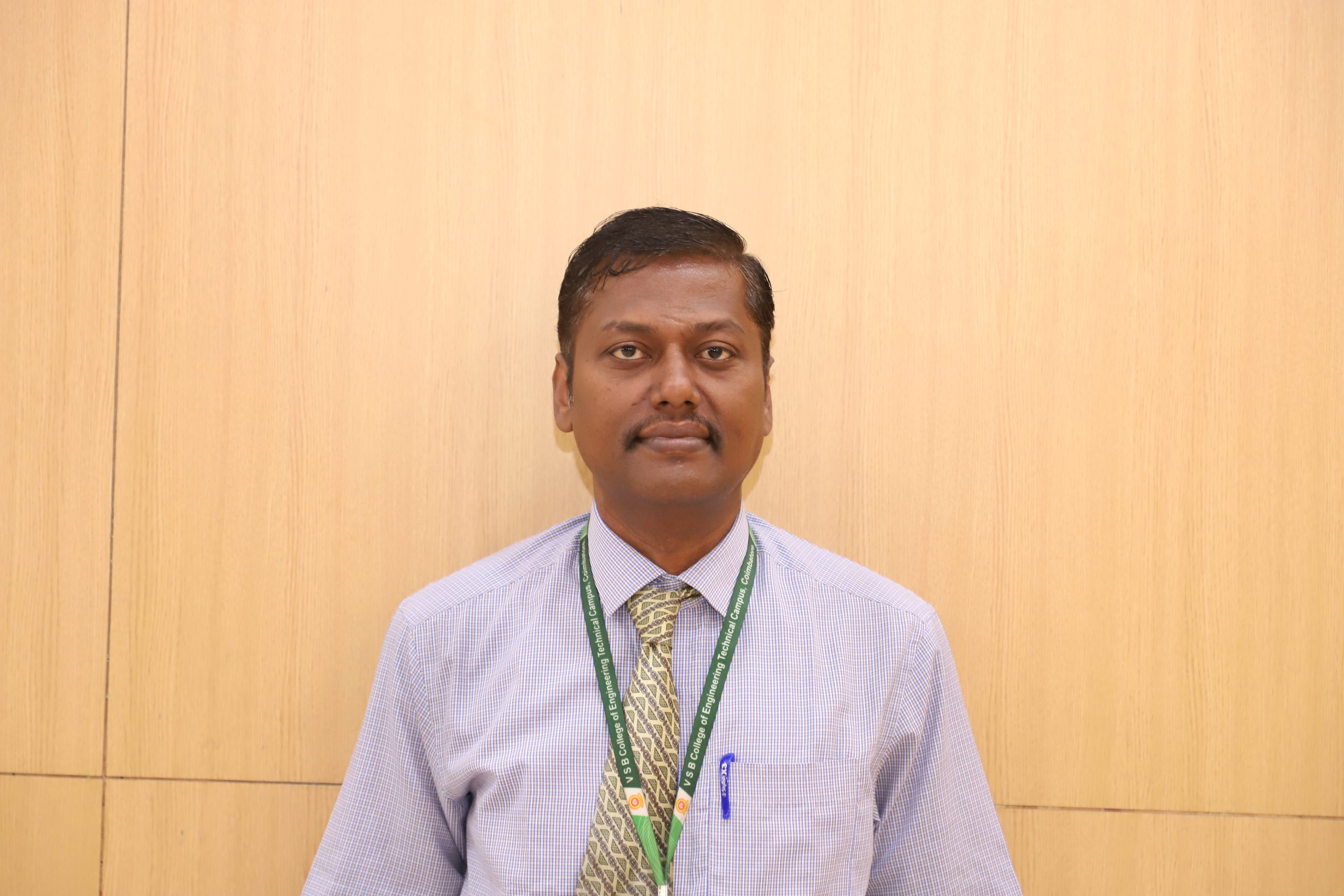
Work Experience: 18 Years
Area of specialization: Communication Systems

Work Experience: 2 Years
Area of specialization: Embedded Systems
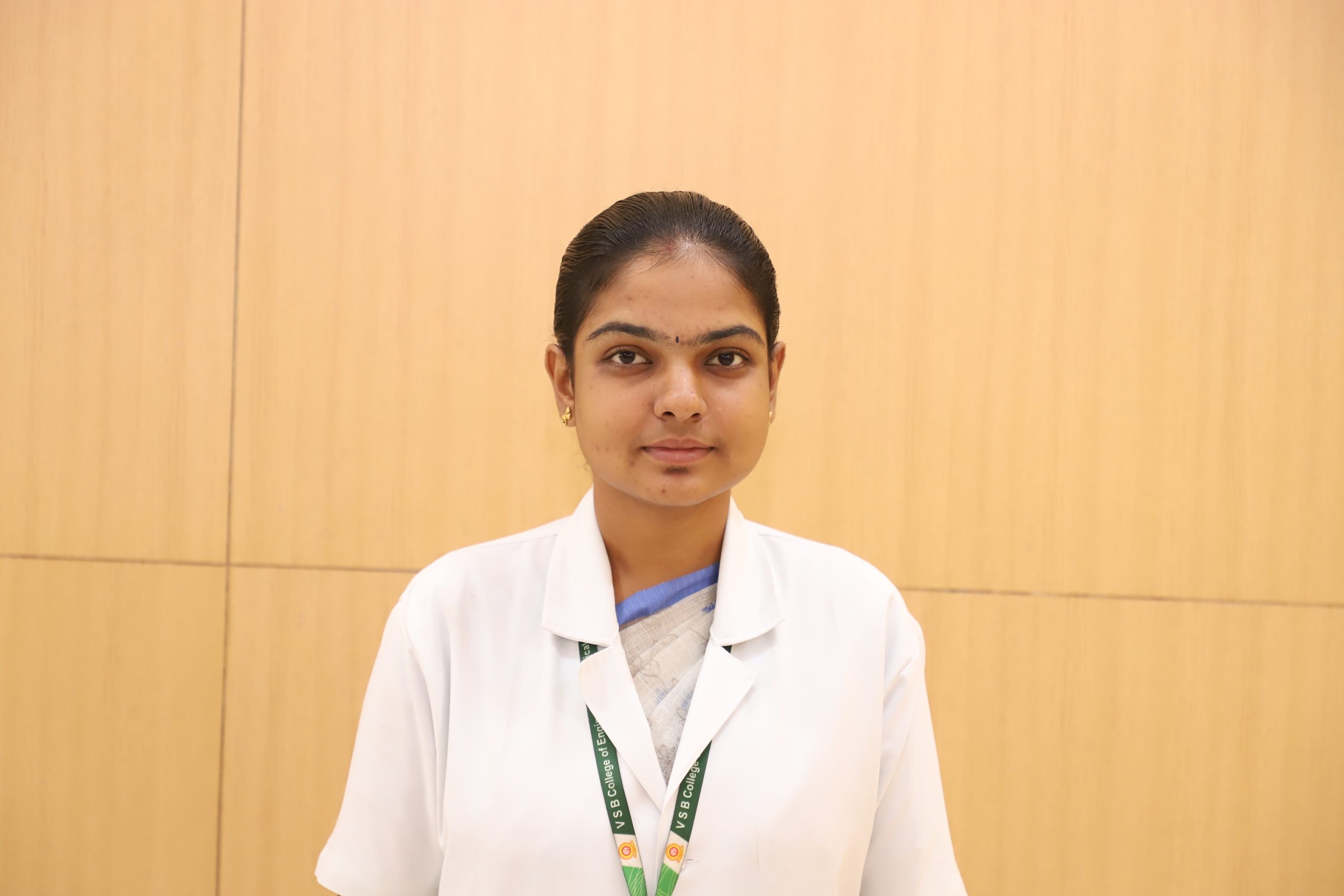
Work Experience: 3 Years 10 Months
Area of specialization: VLSI Design
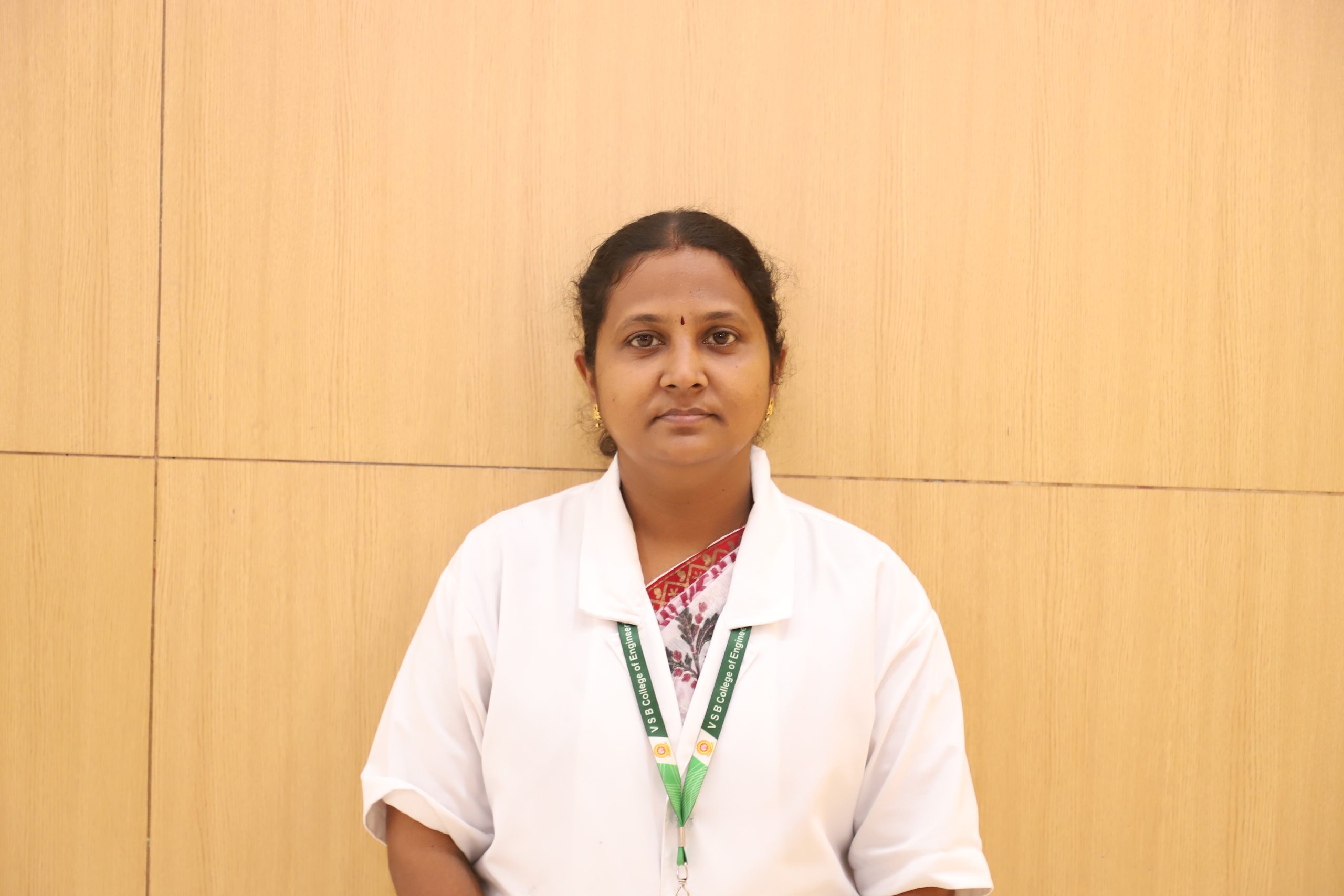
Work Experience: 2 Years
Area of specialization: Applied Electronics
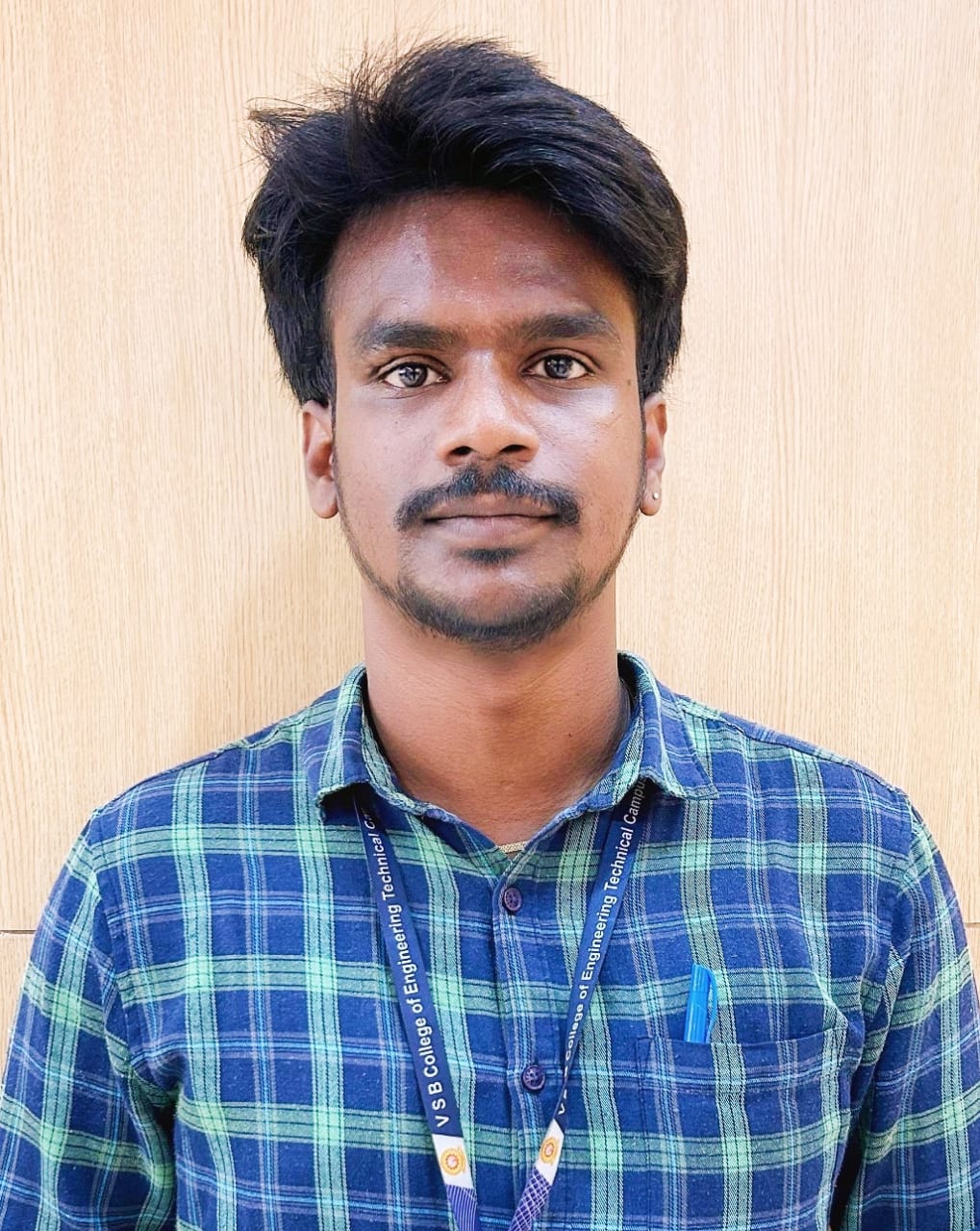
Lab Technician
Work Experience: 3 Years
INTAKE
Programme of Study
Under Graduate Course B.E. Electronics & Communication Engineering
Description
Started with 60 seats in 2012
Intake increased from 60 to 120 in 2023



